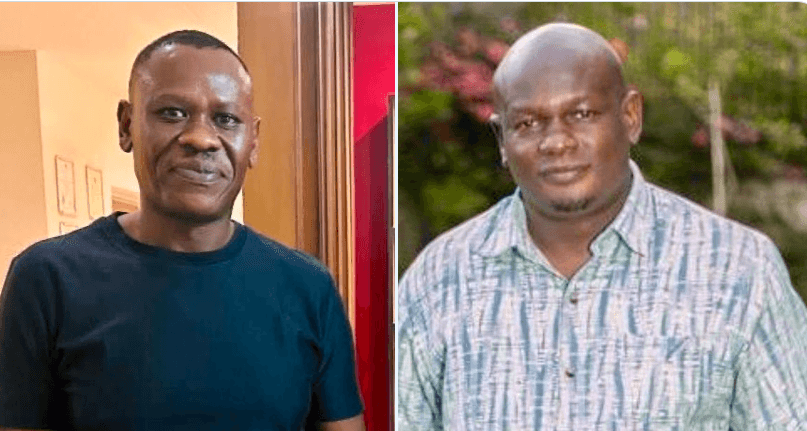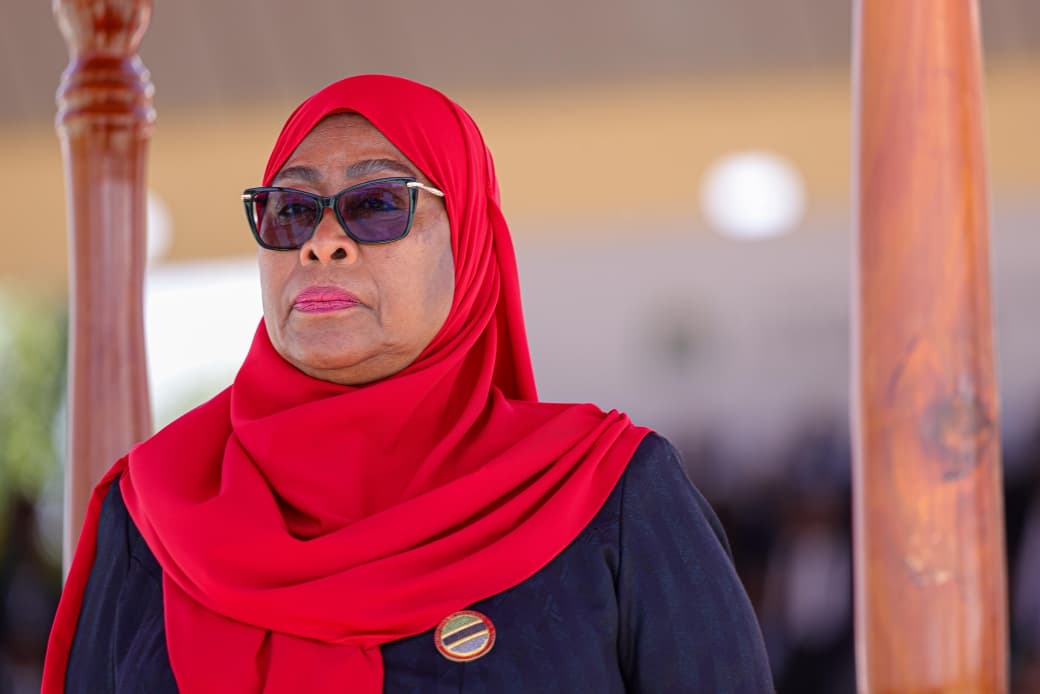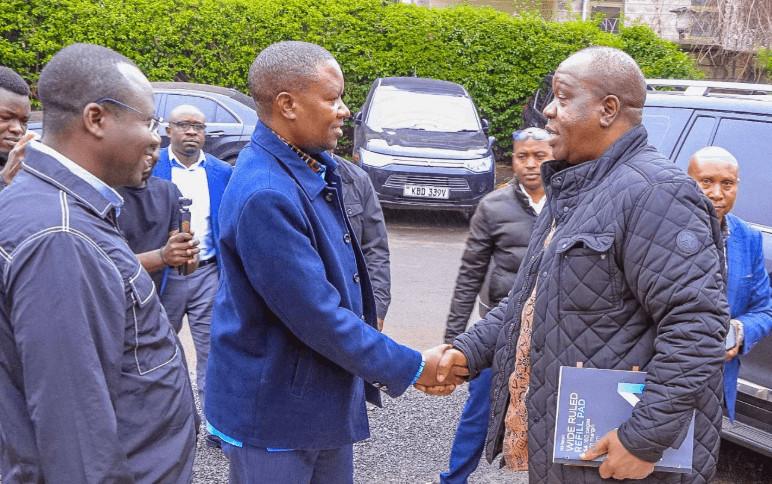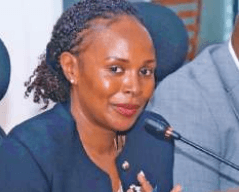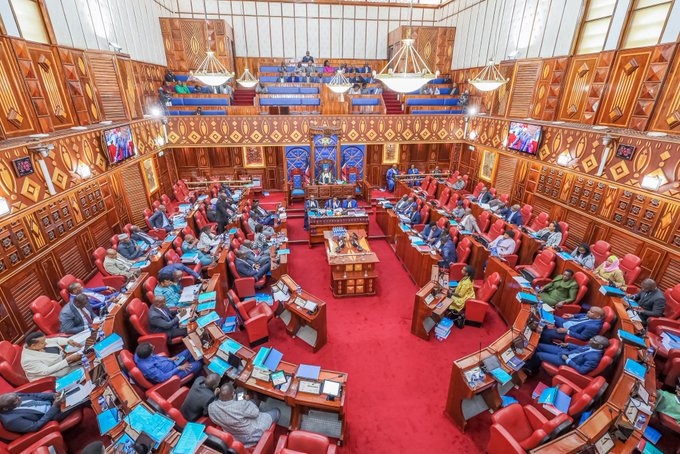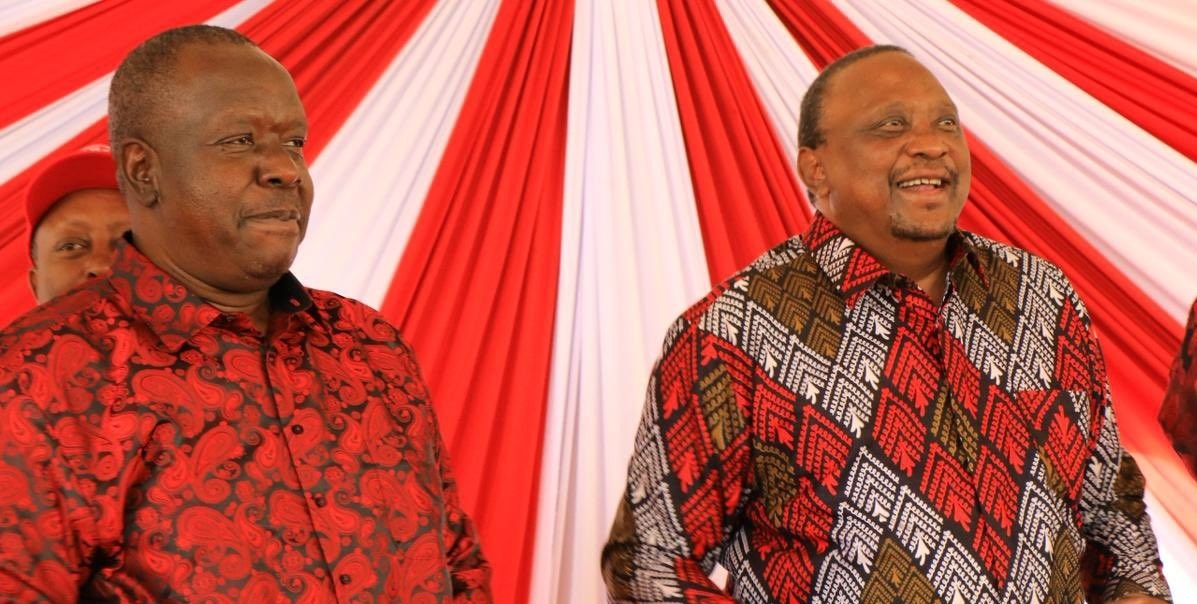Negotiations towards a treaty to combat plastic pollution have failed to yield results, much to the dismay of countries advocating for the environment.
On Monday, National Environment Management Authority director of compliance Ayub Macharia said the coming negotiations will require a new tactic.
“The African group will need to begin with what needs to be done,” Macharia said.
The third session of the United Nations Intergovernmental Negotiating Committee on Plastic Pollution, or INC-3, ended on Sunday.
The negotiators retreated to their countries, even as plans to compile a revised draft of an agreement before the end of the year started.
The fourth edition of the talks is set to be held in Ottawa, Canada, in April 2024.
Negotiators were dismayed that the third session failed to yield any concrete language or decisions on combating plastic pollution.
Parties also failed to reach an agreement about what work would be conducted before INC-4, making the negotiation ahead even more arduous.
Nations with deep petrochemical interests delayed progress throughout the week and blocked the final decision on how to advance work leading into the fourth round of UN talks for a global plastic pollution treaty.
They stalled the process using delaying tactics designed to ultimately weaken the treaty.
During the negotiations, countries put up spirited efforts to ensure that a robust treaty on plastic pollution is in place afterwards.
In particular, Angola, the Cook Islands, Fiji, Kenya, the Maldives, Mauritius, New Zealand, Nigeria, Panama, Palau, Rwanda, Samoa, Senegal, Tuvalu, and Uruguay demonstrated their commitment to leading the world towards a strong plastics treaty that centres human rights and environmental justice.
More than 100 countries support global bans and phase-outs of the most harmful and avoidable plastics, and 140 countries want to establish global binding rules as opposed to a treaty based solely on voluntary actions, which some countries are pushing for.
By Sunday afternoon, however, the draft had more than tripled in size.
A minority of member states—particularly oil-producing nations in the newly formed informal “group of like-minded countries” including Iran, the Russian Federation, and Saudi Arabia—undermined the previously agreed-upon mandate for a plastics treaty, seeking to include low-ambition language and trying to run out the clock.
Such interventions include inserting language on “national priorities,” “national circumstances,” and a “bottom-up approach,” which could lead to voluntary measures overpowering legally binding measures—a thus far failed approach to international environmental policy.
The same Member States and some others worked hard to undermine the mandate for a treaty covering the “full lifecycle of plastic, including its production, design, and disposal”, to focus solely on waste management approaches, claiming that the problem is not plastic itself but its disposal.
Following the standoff, civil society organisations have called out those blocking the bid.
Ana Rocha, Global Plastics Policy Director of the Global Alliance for Incinerator Alternatives, said the negotiations have so far failed to deliver on their promise laid out in the agreed-upon mandate to advance a strong, binding plastics treaty that the world desperately needs.
“The bullies of the negotiations pushed their way through, despite the majority countries' leadership from the African Bloc and other nations in the Global South, in support of an ambitious treaty,” Rocha said.
She adds, “We have only one year and two negotiating meetings left to hammer out this treaty, and we can’t afford to indulge the interests of a select few. They have nothing to lose, and we have everything to lose. Plastic is burning our planet, destroying communities, and poisoning our bodies. This treaty can’t wait.”
Civil society also levelled sharp critiques at the UNEP Secretariat for leading an undisciplined and meandering negotiation process that has bucked convention from previous international negotiations and allowed a minority of countries to hold the process hostage.
During the start of the negotiations, the zero draft was a balanced document with a range of views that provided a basis for negotiation.
The World Wide Fund for Nature urged high-ambition countries to be courageous and willing to move ahead with developing an effective treaty despite the opposition.
The next round of negotiations will be held in Ottawa, Canada, only five months away.



